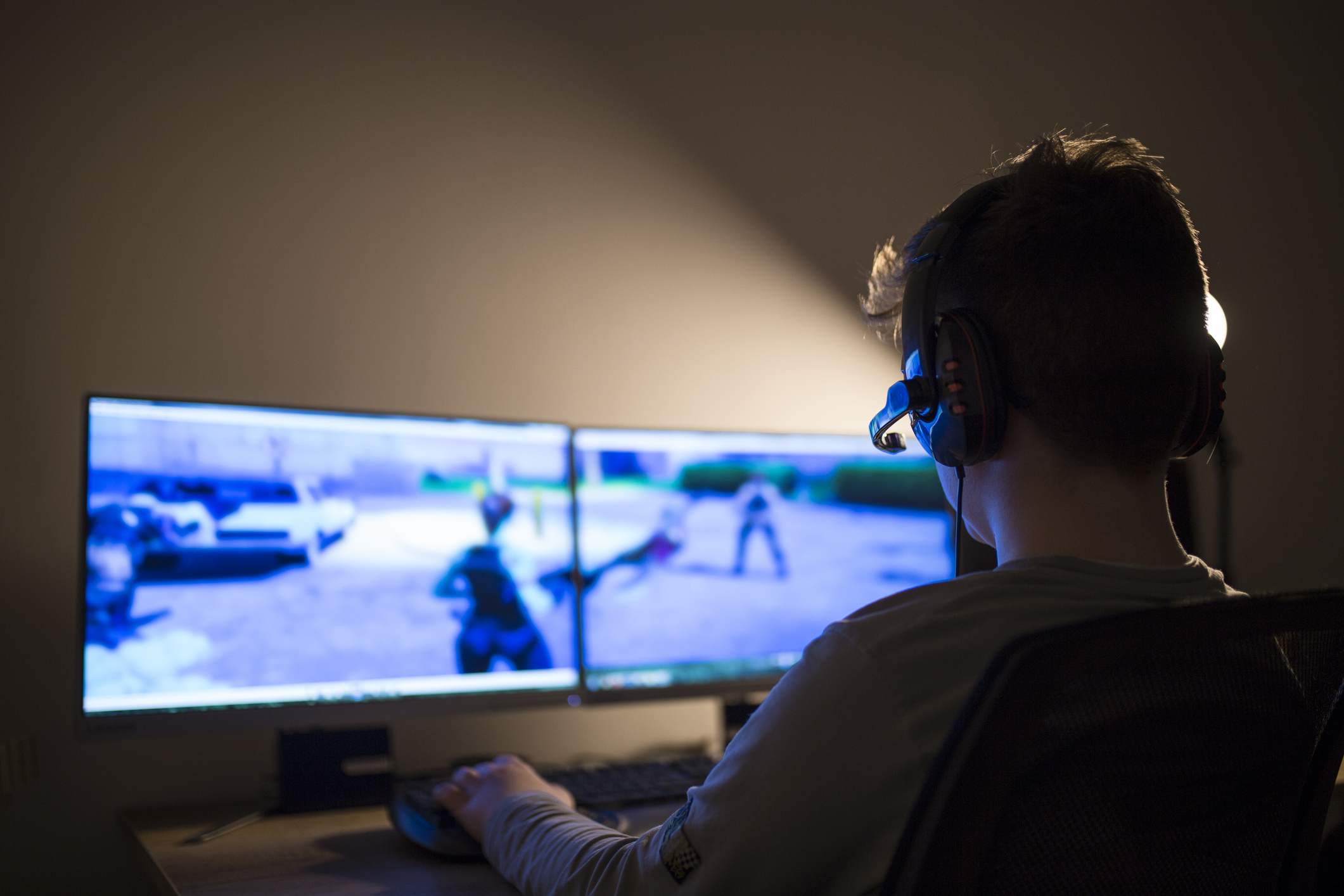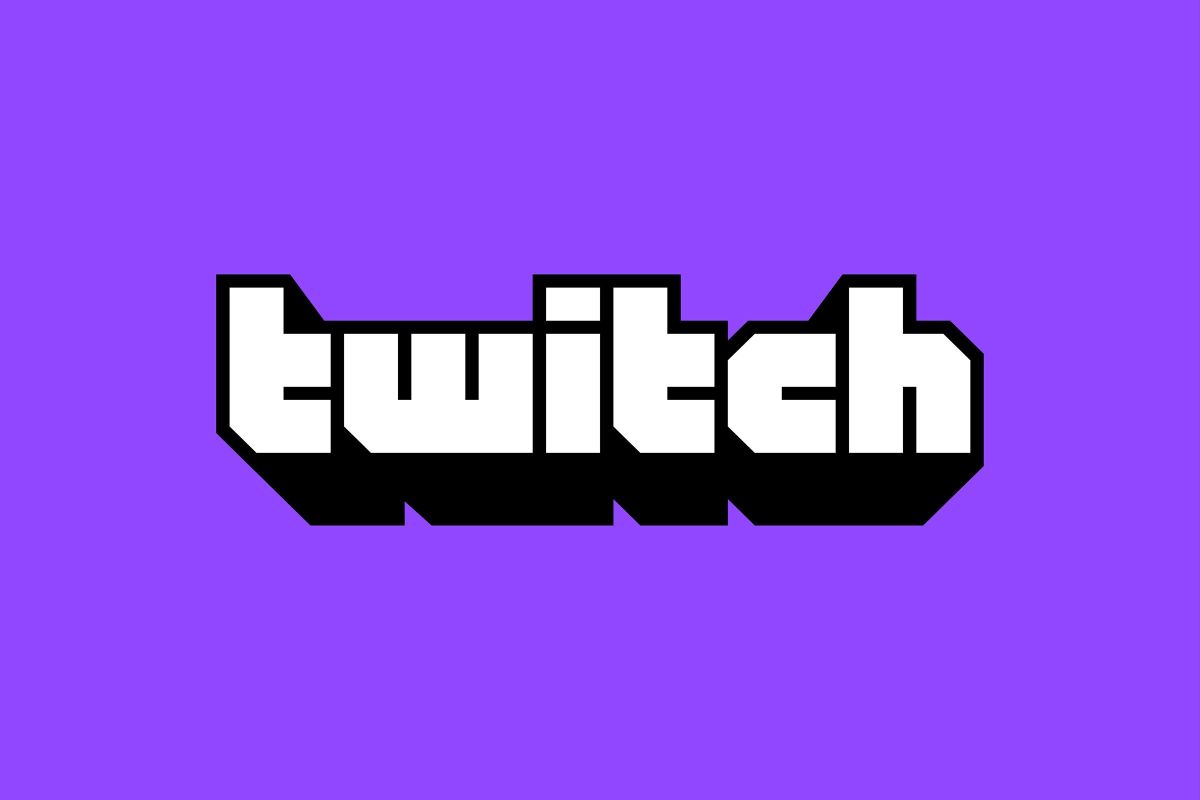How Young Is Too Young for Twitch Streaming?
For the health and safety of both viewers and streamers, adolescent and adult, how young is too young?

Currently, you have to be 13 years or older to have a Twitch account, which allows you to both comment and stream on the massive live streaming platform. For context, you could have been born on August 16, 2009, less than nine months into Obama’s first year as President, and you could now make an account and stream online for all of Twitch to see. Unfortunately, like with all things Internet/social media related, that has come with some drawbacks, of which we are just now starting to see the fallout.
Warning: This article will feature discussions of a minor harassing an adult, and general sexism and misogyny. Do not dox or harass anyone.
Twitch Streamer Amanderz recently tweeted out a video of an underage streamer who was banned from her chat for harassing her, which he broadcast on his own channel. The young streamer showed an array of concerning behaviors, from believing himself to be dating the streamer for two months, despite her being an adult stranger and him being a child, to him “harassing more women because it’s funny and it’s content” (actual quote from the child).
Thankfully, a majority of the responses condemn this behavior, though everyone has a different idea of what’s to blame for this behavior, which is a bigger problem than just this one child—and not one with an easy answer.


Some see this as evidence of the growing influence of streamers and streamer culture on adolescents. Many replies to the video note that children have no understanding of satire or parody, and thus, when popular streamers exhibit behavior like this, even if it’s intended as some kind of “joke,” they try to emulate it to be like their idols, such as iShowSpeed.
Related: The 10 highest-paid Twitch streamers on Dot Esports
There’s also the issue of young streamers picking up unhealthy practices from their favorite streamers, whether it’s spending tens of hours straight gaming or spending massive amounts of money on emulating the setups of their idols, sometimes with dangerous fire and light show displays. One adult streamer who reacted to a young streamer’s setup noted that his heart-rate was 147 during his triumph displays. (Children’s heart rates are usually between 60-115bpm, and while active video games like Pokémon Go and games with motion controls have qualified as a kind of exercise, they are not the same as actual exercise—and that’s not even getting into hearing loss or eye strain.) I’m obviously no doctor, but a lot of these behaviors feel like they could have long-term health effects.

Twitch does state that:
“The Twitch Services are not available to persons under the age of 13. If you are between the ages of 13 and the age of legal majority in your jurisdiction of residence, you may only use the Twitch Services under the supervision of a parent or legal guardian who agrees to be bound by these Terms of Service.”
Twitch.tv – Terms of Service
Ultimately, the onus is still on the parent(s) to actually parent their child, and none of this is to demonize video games or streaming in general. It’s just important to acknowledge that these things can have negative effects and figure out how to mitigate thate.
There are very few guidelines or resources for how Twitch protects or polices underaged viewers and streamers. For all intents and purposes, Twitch has very little distinction between a 13-year-old Twitch streamer and a 30-year-old Twitch streamer. And that’s a problem.
To be fair, this isn’t a problem unique to Twitch; I remember the early 2010s and being on Facebook and Tumblr with next to no safety measures. The few safety measures that do come up always seem to be pretty far behind the curve (Twitch is 11 years old, younger than the supposed minimum age for use, but is still one of the most popular sites for teens).
It doesn’t help that many resources for parents that do broach this subject seem to fit into the PTA mom crowd who see their children as babies in need of protection from “sirens of the 21st century” (yes, that is a real quote from OneTwoStream’s article about kids on Twitch)—again, not what we want to do here. That mindset does more harm than good, as it strips kids of their agency and fails to account for the fact that children can also be perpetrators of toxicity and bullying on social media.
It also doesn’t help that some people ‘defend’ the behavior by saying this is what kids do and that every generation of kids, especially ones who grew up with the Internet, go through the same thing.

But the thing is, the behavior wasn’t acceptable then, nor is it now. A lot of the most toxic internet communities have bred toxic adults who have gone on to make the world horrible for everyone around them.
Other people blame “simping” for this behavior, but that reframes the issue around the idea that this behavior is exclusive to gaming. While the inability to understand that a parasocial relationship is not the same as a real one can make it easier for children to latch onto streamers, it doesn’t explain all of it. As one commenter noted, this behavior is highly reminiscent of real-life stalking behavior that can lead to dangerous delusions, as well as real-life harassment.
As with most things, I believe the truth lies in the middle: streaming culture, children being impressionable and emulating adults in poor ways, and a general culture of male entitlement all contribute to this awful mindset.
So what can we do to help?
Unfortunately, actual studies of the effects of these platforms have yet to be seen; we’ve only recently started to have a pushback against children being influencers and content creators, a new kind of child star for the digital age. The difference there is that a lot of those children were pushed into those careers by their parents.
Normally, I hate encouraging parents to police their children’s internet activity, since it can be a massive outlet of self-expression, but if it’s getting to the point of harassing people, then there needs to be some kind of intervention. Just having “The Talk” with both boys and girls about the real effects of harassment, online or otherwise, and enforcing boundaries about acceptable internet conduct goes a long way. If you wouldn’t say it to them in-person, don’t say it online. And unfortunately, the pretty girl you give money to online is not your girlfriend. She’s not even your babysitter.
Twitch and YouTube and a bunch of other platforms should probably have a limit on how old you can be to make content for their sites, as in addition to this breeding of toxicity, many children have been used by these systems of content generation (see some of the abusive family vloggers on YouTube).
And even just choosing to support nontoxic, positive streamers and creators and condemning those who play into negativity and harassment would help make it clear that this behavior is not acceptable to everyone.
(featured image: Milan_Jovic)
Have a tip we should know? [email protected]
